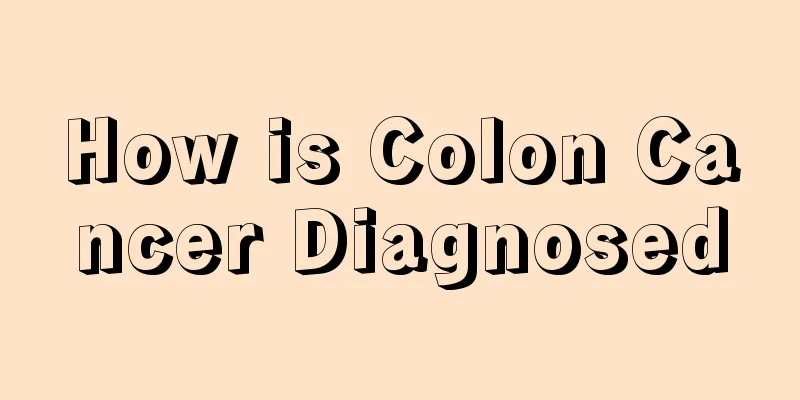Indications for insulin therapy

|
Insulin is a very important hormone in the body. It is mainly used to control blood sugar concentration. If the insulin level is too high or too low, it will affect the normal blood sugar level. Therefore, we should understand the role of insulin. The target of insulin treatment is mainly diabetic patients. Insulin treatment is more suitable for diseases such as retinopathy, kidney disease or cirrhosis. Indications for insulin therapy in diabetes mellitus 1. Insulin-dependent diabetes mellitus requires continuous insulin treatment regardless of whether ketoacidosis occurs or not. 2. For patients with non-insulin-dependent diabetes mellitus who develop ketoacidosis due to stress, infection, trauma, surgery, acute myocardial infarction, etc., it is advisable to temporarily use insulin for treatment until the stress response is eliminated. After the condition improves, it can be discontinued as appropriate. 3. Pregnant women have diabetes or gestational diabetes. 4. Diabetic patients with vascular diseases such as retinopathy, kidney disease or neuropathy, cirrhosis, lower limb gangrene, etc. should be treated with insulin. 5. Diabetic patients with significant weight loss, malnutrition, and slow growth and development should be treated with insulin. If they also have long-term wasting diseases such as tuberculosis, they must receive combined anti-tuberculosis treatment. 6. Secondary diabetes such as pituitary diabetes and pancreatic diabetes must be treated with insulin. 7. Patients with diabetes mellitus accompanied by hyperosmolar coma or lactic acidosis. 8. Diabetic patients who cannot achieve satisfactory control with diet control and oral hypoglycemic drugs can be treated with insulin. Side effects of insulin Weight gain Many diabetic patients use insulin, and as their blood sugar is brought under control, they find that their weight often increases. This is because after insulin brings blood sugar under control, the amount of glucose lost in the urine decreases, which reduces calorie loss to a certain extent. It is understandable that a certain degree of weight gain occurs. Insulin allergy The symptoms of insulin allergy can be roughly divided into two aspects: local and systemic. Local allergic reactions usually occur 2 to 12 hours after injection, and are characterized by redness, swelling, itching, blisters, nodules, etc. at the injection site, which usually last for 2 hours and then gradually subside. Systemic allergic reactions can manifest as edema of the face and oral mucosa, difficulty breathing, asthma, and in severe cases, shock. Hypoglycemia It is common for diabetic patients treated with insulin to experience hypoglycemia, especially before meals and at night, but hypoglycemia caused by insulin therapy is often milder and less harmful than that caused by oral hypoglycemic drugs. However, hypoglycemia caused by insulin cannot be ignored and may directly cause the patient to fall into a coma or die of shock without any warning. Fat atrophy Lipoatrophy is relatively rare in clinical practice and can be divided into congenital and acquired types. Lipoatrophy caused by insulin injection belongs to the latter. The subcutaneous fat may atrophy at the site where the patient injects insulin, forming a small, barely noticeable depression. The true cause of this condition is not yet clear. |
<<: Indications for electroconvulsive therapy
>>: Proportion of red ginseng in wine
Recommend
Is there any harm in being a bone marrow transplant donor
Medical technology is developing very rapidly now...
What foods are suitable for patients with rectal cancer
Diseases come from the mouth. Many times, due to ...
How to get rid of the smell of meat
The meat we usually eat has a relatively high nut...
What are the signs of recurrence of cerebral infarction?
Cerebral infarction refers to insufficient blood ...
10 healthy habits that are actually wrong
Mistake 1: Keep your chin up when you have a nose...
What are the early screening programs for cervical cancer
The high-risk age for cervical cancer is between ...
What's the matter with pus in stool
Defecation is a normal physiological condition in...
What is the cure rate of early lymphoma? Can diet be used as an auxiliary treatment?
What is the cure rate for early-stage lymphoma? W...
What impact does ovarian tumor have on human life span
Ovarian tumors are common gynecological malignanc...
See TCM's explanation of the causes of lung cancer
What is the cause of lung cancer? As the number o...
What's the matter with pooping after eating
If someone goes to defecate right after eating, h...
What are the types of yam
In people's daily life, yam should be eaten f...
Dietary prevention of uterine cancer
When treating uterine cancer, a proper diet becom...
What is the normal color of the blood vessels under the tongue?
There are many kinds of chronic diseases in the h...
Can pregnant women eat sweet potato leaves?
Sweet potato leaves are actually a common vegetab...









